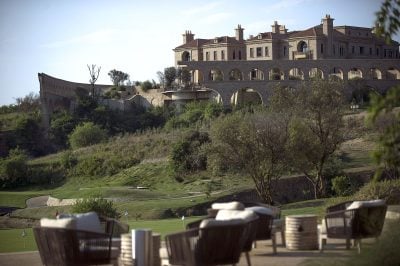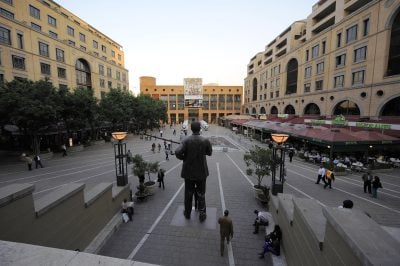Finance minister Vera Daves de Sousa has announced that Angola is considering the creation of a specialised fund to manage approximately $15bn in assets recovered by the state in anti-corruption investigations.
Since 2017, when João Lourenço became president, the government has stepped up efforts to recover assets allegedly stolen during the four-decade presidency of his predecessor, José Eduardo dos Santos.
The National Asset Recovery Service (SENRA) reported that the government had already recovered over $5.2bn in embezzled money, part in cash and part in assets, with more than $10bn added in February 2022 following final court rulings in 715 corruption cases. The assets are to be combined in a fund which could target real estate and other investment opportunities, according to reports.
Angola’s battle against corruption
Despite having retrieved approximately $15bn in stolen assets, SENRA believes that there could be well over $100bn in unrecovered assets that could top up the investment fund if repatriated.
According to SENRA, members of the dos Santos family, former government officials, and ex-managers of state-owned companies illegally transferred some $150bn abroad between 2001 and 2017.
The process of recovering these assets is complicated as they are scattered around many countries across the world, each with their own financial legislation.
The Angolan attorney general’s office reported that requests for cooperation have already been made to Switzerland, the Netherlands, Luxembourg, the United Kingdom, Singapore, Bermuda, the United Arab Emirates, Mauritius, Monaco, Malta, the Isle of Man, and others.
Retrieving billions of dollars from these countries’ commercial banks might have an adverse effect on their finances, causing problems for Angola. Last June, SENRA director Eduarda Rodrigues said that Angola needed to find financial mechanisms to repatriate the money without causing harm to other countries.
Part of the solution proposed by Rodrigues is the establishment of “asset-sharing agreements” with partner countries to repatriate funds to Angola.
These agreements enable part of the proceeds to be returned to the initiating country, forming an added incentive for cooperation in enforcing confiscation orders.
In this way, Angola can recover some of its stolen assets while minimising the negative impact on other countries.
Pandora Papers show that Africa must lead on capital flight
Africa loses more than $84bn in illicit financial flows annually
Africa’s stolen assets must be returned without conditions, says UN advisor
Want to continue reading? Subscribe today.
You've read all your free articles for this month! Subscribe now to enjoy full access to our content.
Digital Monthly
£8.00 / month
Receive full unlimited access to our articles, opinions, podcasts and more.
Digital Yearly
£70.00 / year
Our best value offer - save £26 and gain access to all of our digital content for an entire year!

 Sign in with Google
Sign in with Google 



